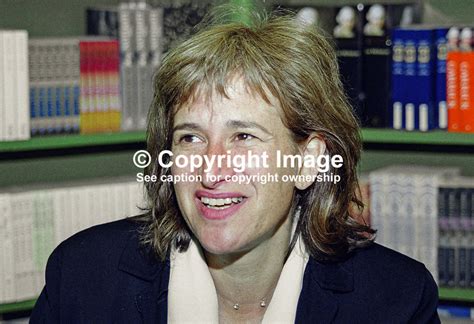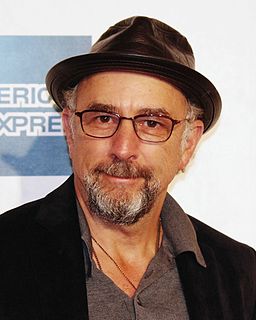A Quote by Irving Stone
In the biographical novel, there's only one person involved. I, the author, spend two to five years becoming the main character. I do that so by the time you get to the bottom of Page 2 or 3, you forget your name, where you live, your profession and the year it is. You become the main character of the book. You live the book.
Related Quotes
I first heard the term "meta-novel" at a writer's conference in Tulsa, Oklahoma. The idea is that even though each book in a series stands alone, when read collectively they form one big ongoing novel about the main character. Each book represents its own arc: in book one of the series we meet the character and establish a meta-goal that will carry him through further books, in book two that meta-goal is tested, in book three - you get the picture.
Your opening should give the reader a person to focus on. In a short story, this person should turn up almost immediately; he should be integral to the story's main action; he should be an individual, not just a type. In a novel, the main character may take longer to appear: Anna Karenina doesn't show up in her own novel until chapter eighteen.
A is for Alibi, my first book, was published in 1982. As it happened the next couple of books took place in June and August of that year. Without meaning to I painted myself into a corner. The other issue was the aging process. I did not want my main character to age one year for every book so I slowed the whole process down. This way I could get through all 26 letters of the alphabet without making her 109 years old in 2015. I might end the series in either 1990 or on New Years Eve 1989.
I don't know quite how a story develops in my head. It is a bit chaotic. If I am working on a series, one of the main characters at least is already in existence as well as some setting and minor characters. Finding the other main character can be a challenge. Sometimes this character already exists in a minor role in another book.
In a movie, a book, or a play, a character doesn't live in a vacuum. She is subject to pressures from the world outside of her, just like we are in life. These pressures and circumstances shape character. Who your parents are determines your genetic make up: your skin color, your sex, your height, weight. Where you are raised does affect your worldview either positively or negatively, your accent. Your economic class affects where you go to school, what you eat, where you sleep.
I never thought I could write this much and now that it's coming to an end, I feel sad that I have to stop, sort of the way you feel at the end of a really good book and you know you're going to miss the main character. But in this case, the main character is me! Myself. Joe (formerly JoDan) Bunch. —Joe Bunch
When you're a child, and you're growing up, and you're mimicking a certain character, or you're trying to live and breathe a certain character on set for eight years that are also your formative years, you oftentimes take a lot of who you're playing into your real life and kind of become that thing.
Playing a TV character for seven years is almost like when you do a play. You live, breathe, and everything else with that character 24-7 for six months or four months or whatever, and that gets very deep in your blood. When you do a TV character for seven years, that's a long time. It becomes a seminal era in your life.
People say that you want to be varied in your career, and I've done so many things and am very appreciative. But, the one thing I've never done and wanted to do was to be a regular on a TV show, where you get 22 weeks of the year to develop and play a character. I've done arcs of five or eight episodes on shows, but I'd like to have a character that's rich enough and deep enough to want to explore and live with for a few years. Playing the same character, but doing different scenes seems very exciting to me.





































